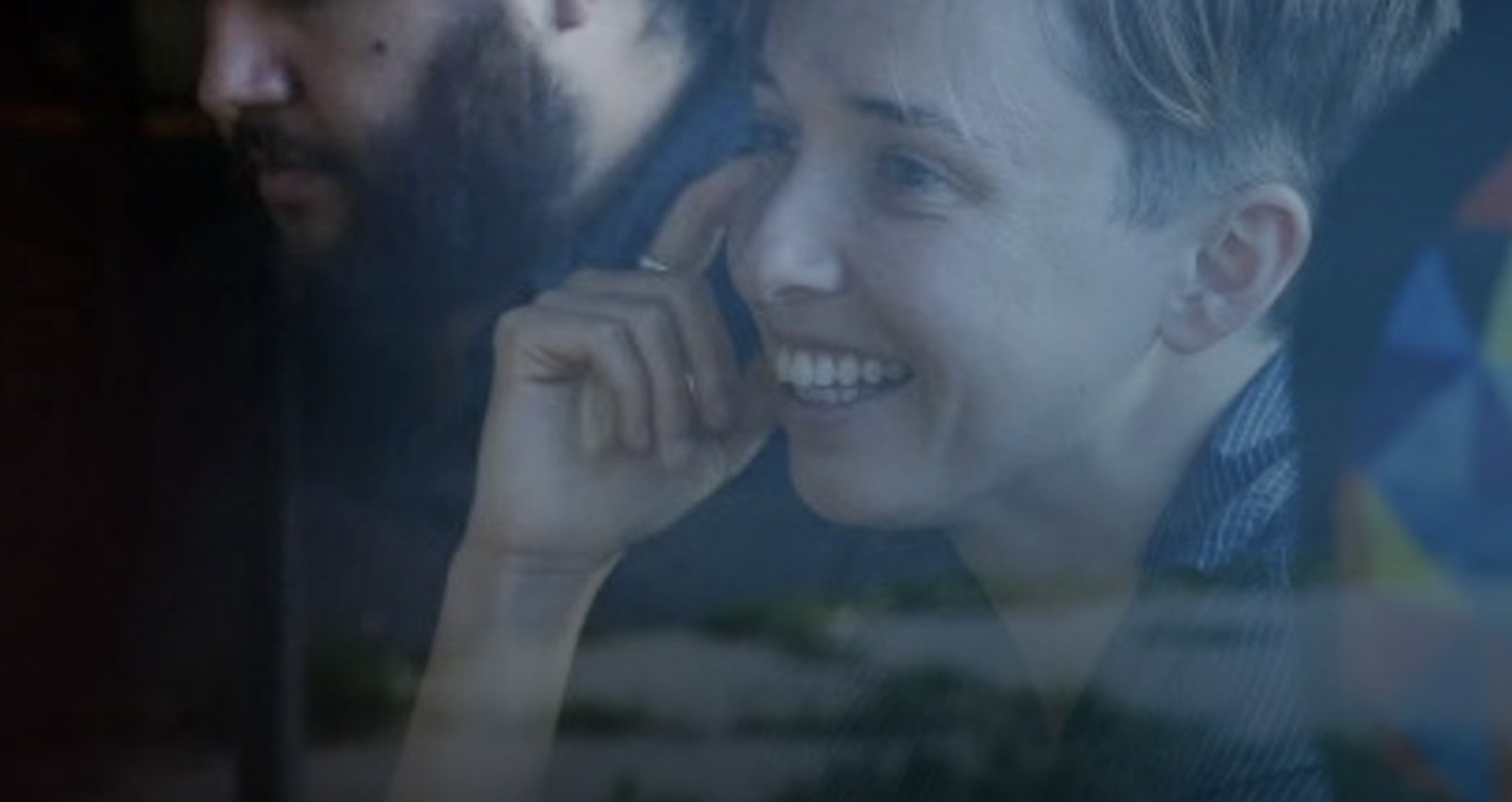In this political season, Colin Kaepernick has been the prototypical millennial. The San Francisco 49ers quarterback has made headlines less for his statistics and more for his protests, kneeling during the national anthem to raise awareness of racial injustice.
Loud outside the ballot box and absent inside it, Kaepernick has used his freedom to express his frustration but has failed to do the very thing that might bring about solutions. Voting, he said, would have been “hypocritical.”
Such is the millennial, quick to voice frustration and receive affirmation on social media, but largely unwilling to participate in the often slower work of bringing about change.
If only millennials had voted in greater numbers, the results of the election might have been different. Instead, millennials seem to have largely decided to post about the election rather than cast their ballot in it.
Millennials (born between 1981 and 1997) are the largest age group in the country at about 75 million people. Although voter demographic data is preliminary — census numbers next year will be more complete — exit polls indicate that millennial voter turnout in this election may have been a particular problem in key electoral states. And exit polls indicate that younger millennials (18-29) favored Clinton over Trump, 55 to 37 percent.
In a recent Harvard poll of millennials, many expressed fear and apathy about the future, saying, “Everything seems out of control, and our politicians care more about themselves than doing the right thing for all Americans.” However, it would appear that millennials perpetuate the chaos with their selfish protests rather than selfless voting.
Voter registration numbers indicate their apathy regarding the political process. Registering to vote can’t be much harder than getting on Facebook. Adweek reported in 2014 that 88 percent of millennials have a Facebook account, while research using government sources shows that only 58.5 percent of 18- to 24-year-olds and 66.4 percent of 25- to 34-year-olds are registered to vote. Compare that with the 73.5 percent of 45- to 54-year-olds registered. Millennials seem to care more about likes than punching chads on a ballot.
And on the morning after the election, many woke up, checked Facebook (because that is where the Pew Research Center says that 61 percent of them get their political news,) and saw that the former Apprentice host was now president-elect. So they revolted and protested. From Portland to New York City, they took to the streets to express their outrage.
Unlike voting, protest provides instant gratification. Whether it is on social media or in the streets, the endless pursuit of likes and affirming comments makes social media much more appealing than private voting. Yes, I can take a selfie with my voting sticker prominently displayed, but at the end of the day my vote is one of millions that may or may not go my preferred way.
But when life gives you lemons, you make lemonade — and I am not referring to Beyonce’s latest. In this instance, maybe instead of taking to the streets or taking a Kaepernick knee, you should have gone to your local polling place. Trump may not have been your preferred candidate, but the greatness of America does not rise or fall upon one person. It is the collective efforts of us all. And one of those efforts is exercising your right to vote — and then you can take a selfie.
J. Nick Pitts, a millennial, is the director of cultural engagement at the Denison Forum on Truth and Culture.
Source: Nick Pitts, dallasnews.com
 Listen Online
Listen Online Watch Online
Watch Online Find a Station in Your Area
Find a Station in Your Area









 Listen Now
Listen Now Watch Online
Watch Online
